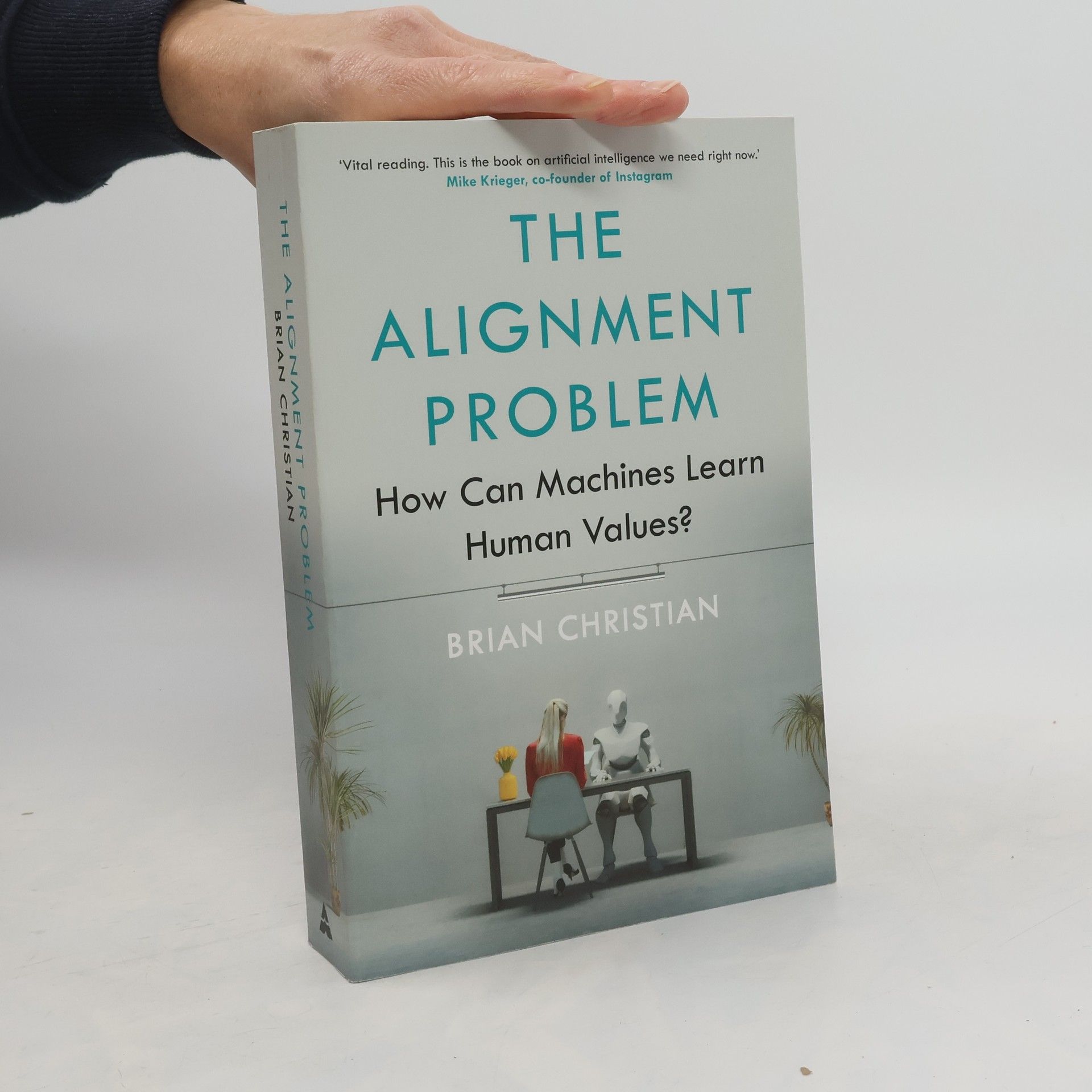Algorithmen für den Alltag
Die Wissenschaft der perfekten Entscheidung – vom Aufräumen bis zur Partnersuche
- 400 Seiten
- 14 Lesestunden
Endlich ein Buch, das unser Leben einfacher macht! Jeder von uns trifft unzählige Entscheidungen am Tag. Entscheidungen, die uns viel Zeit kosten – und nicht immer zu den besten Ergebnissen führen. Das ließe sich ändern, wenn wir die Vorteile der Algorithmen stärker für uns nutzen würden. Davon sind der Wissenschaftsautor Brian Christian und der Psychologe Tom Griffiths überzeugt. In ihrem Buch zeigen sie auf, wie uns Algorithmen helfen können, die bestmögliche Lösung für ganz alltägliche Probleme zu finden, von der Suche nach einem Parkplatz bis zur Auswahl des richtigen Restaurants oder Partners. »Algorithmen für den Alltag« überträgt die Erkenntnisse der Informatik in nützliche und alltagstaugliche Strategien und zeigt uns, wie wir mit ihrer Hilfe produktiver, organisierter und wesentlich glücklicher werden.


